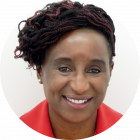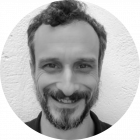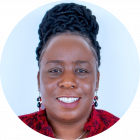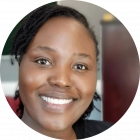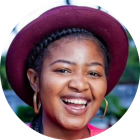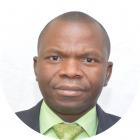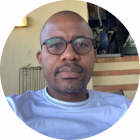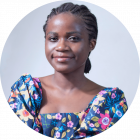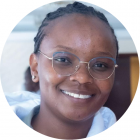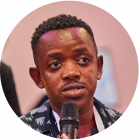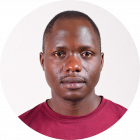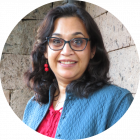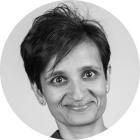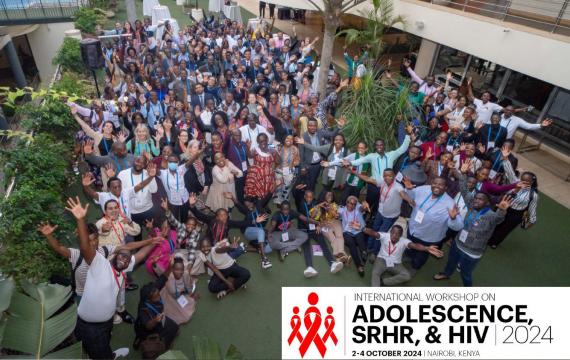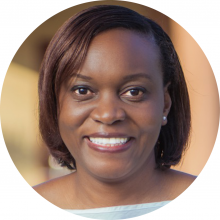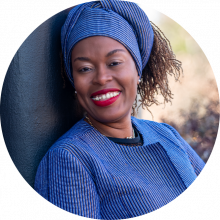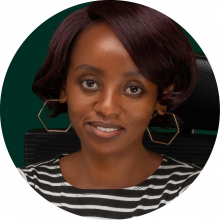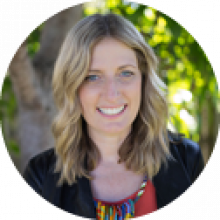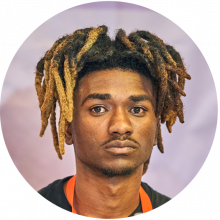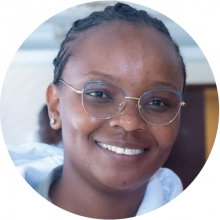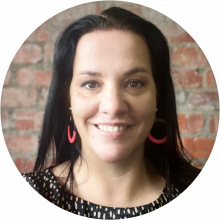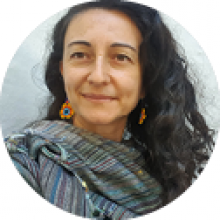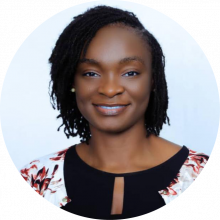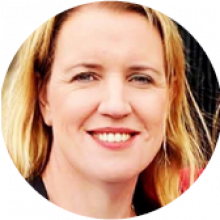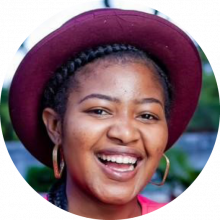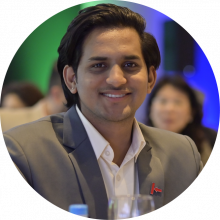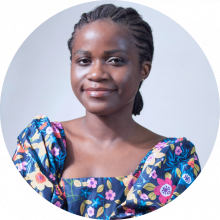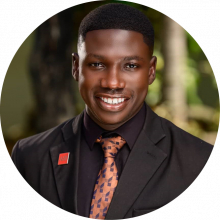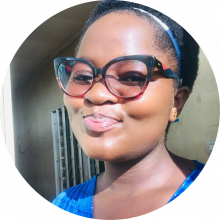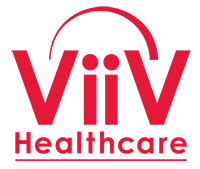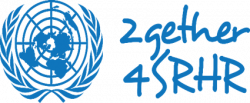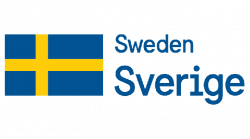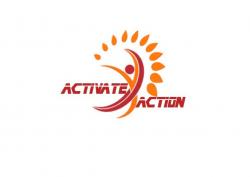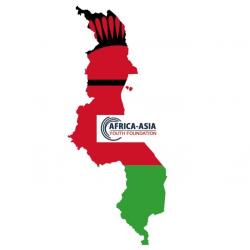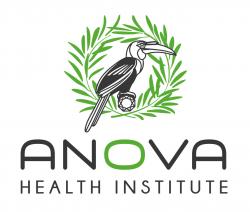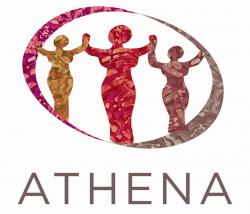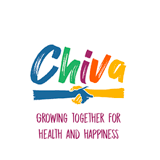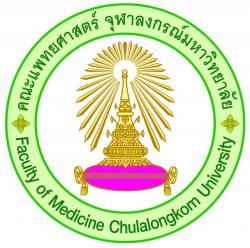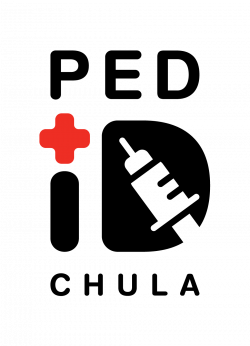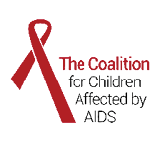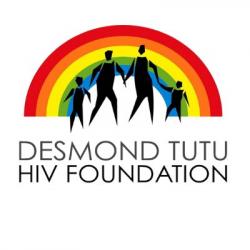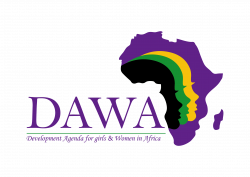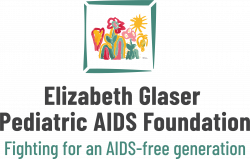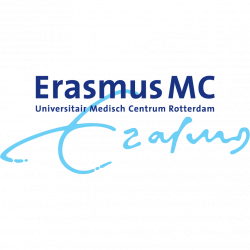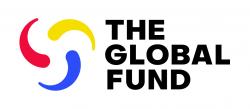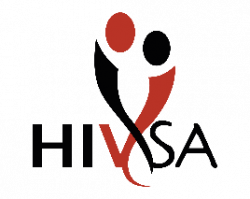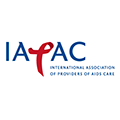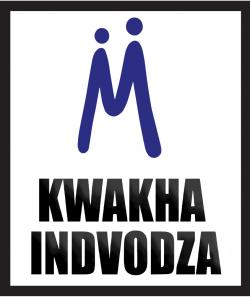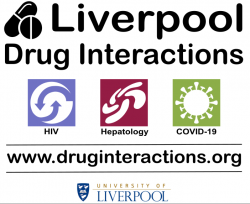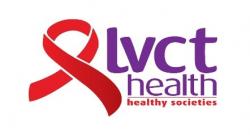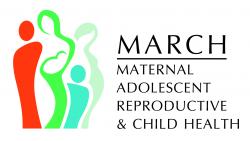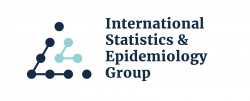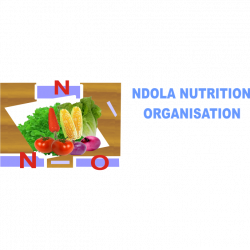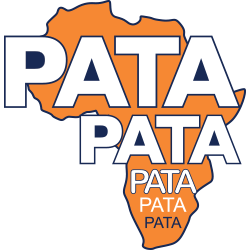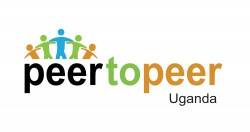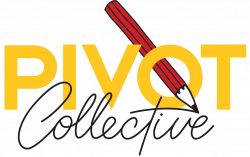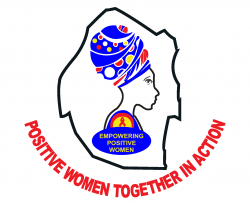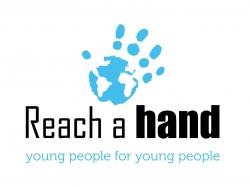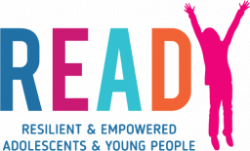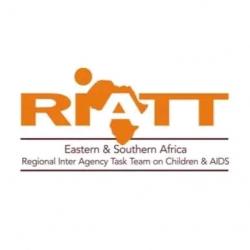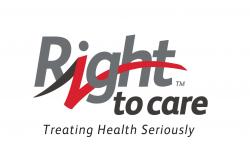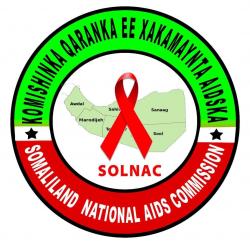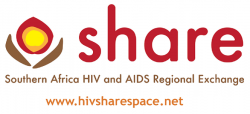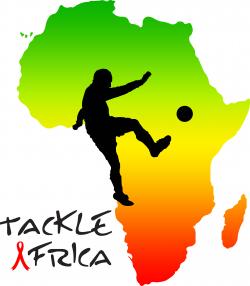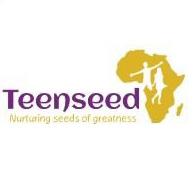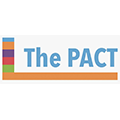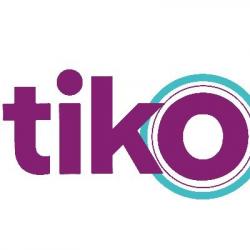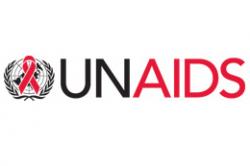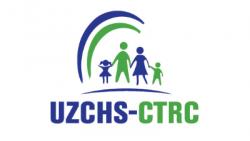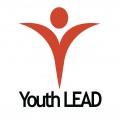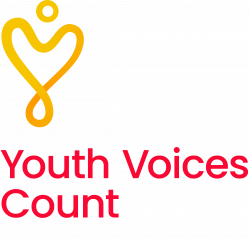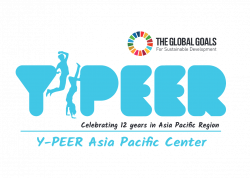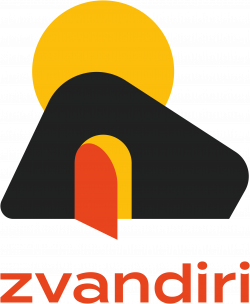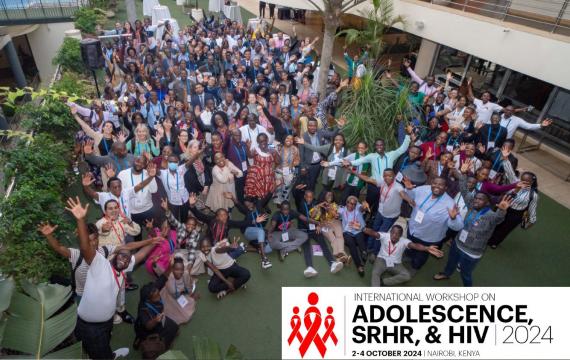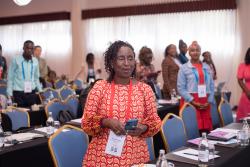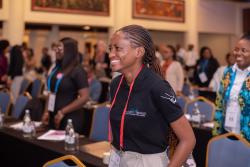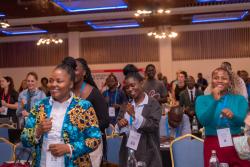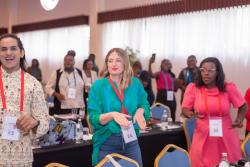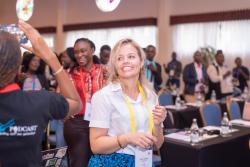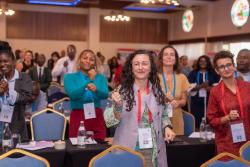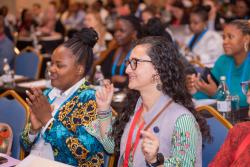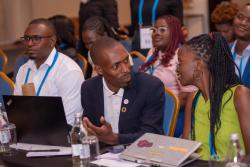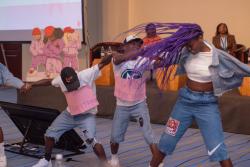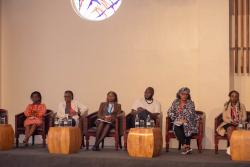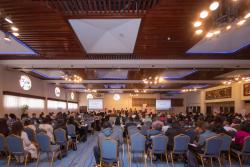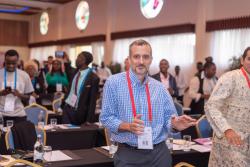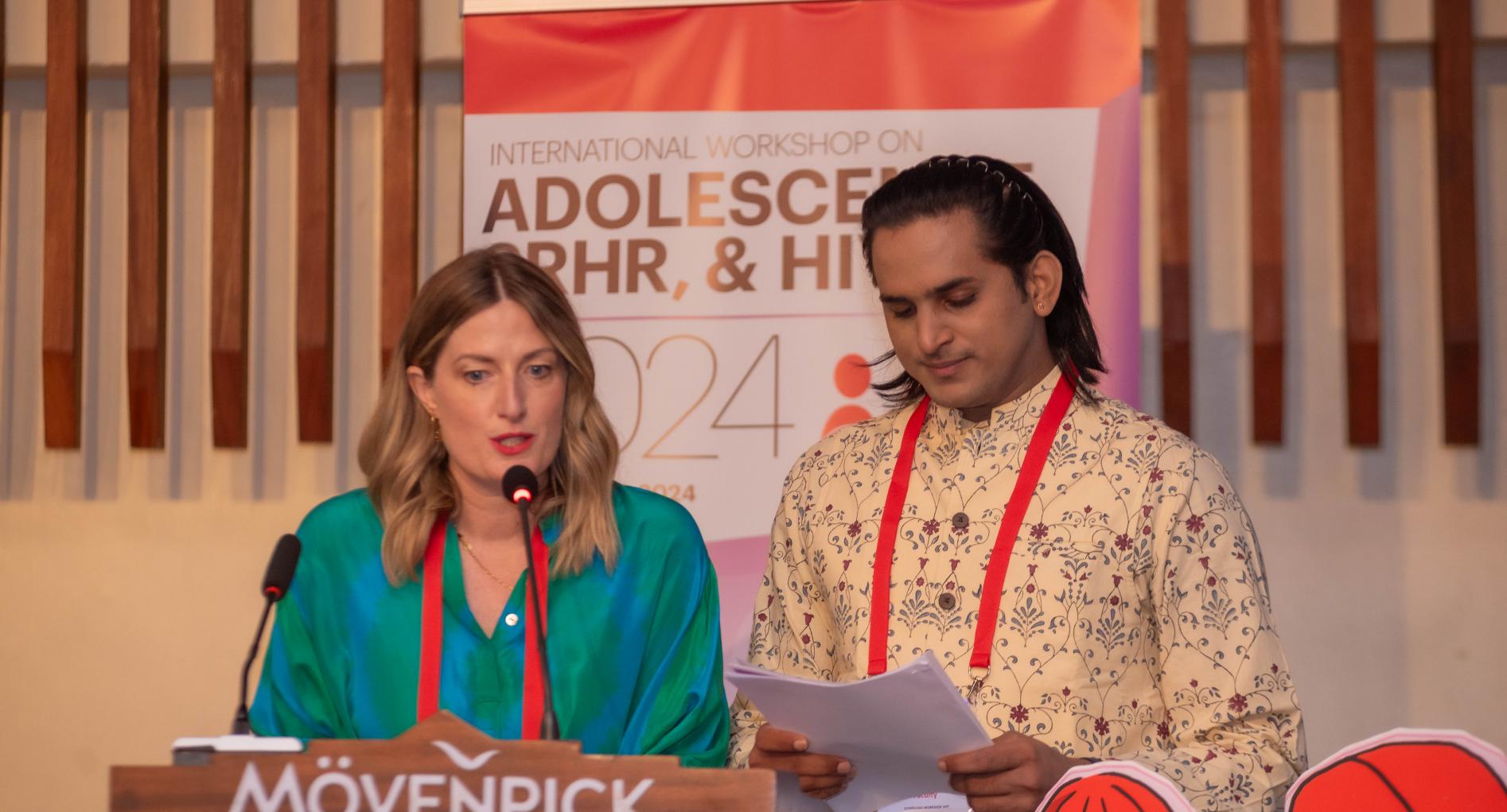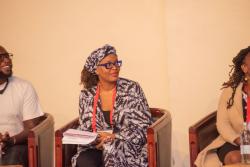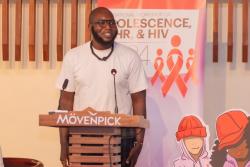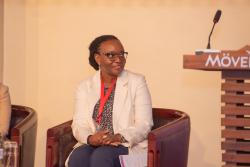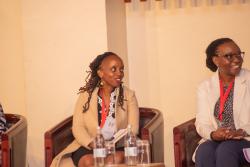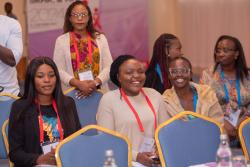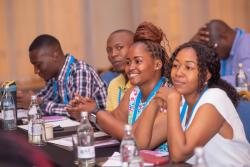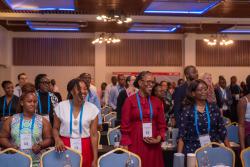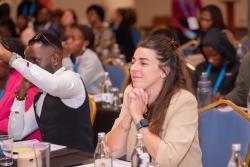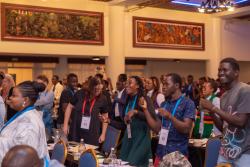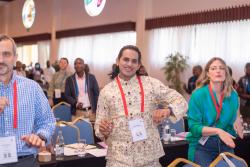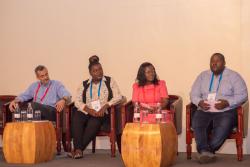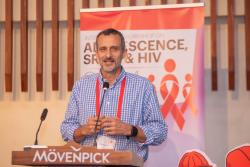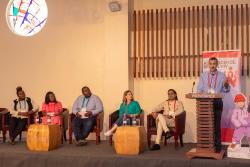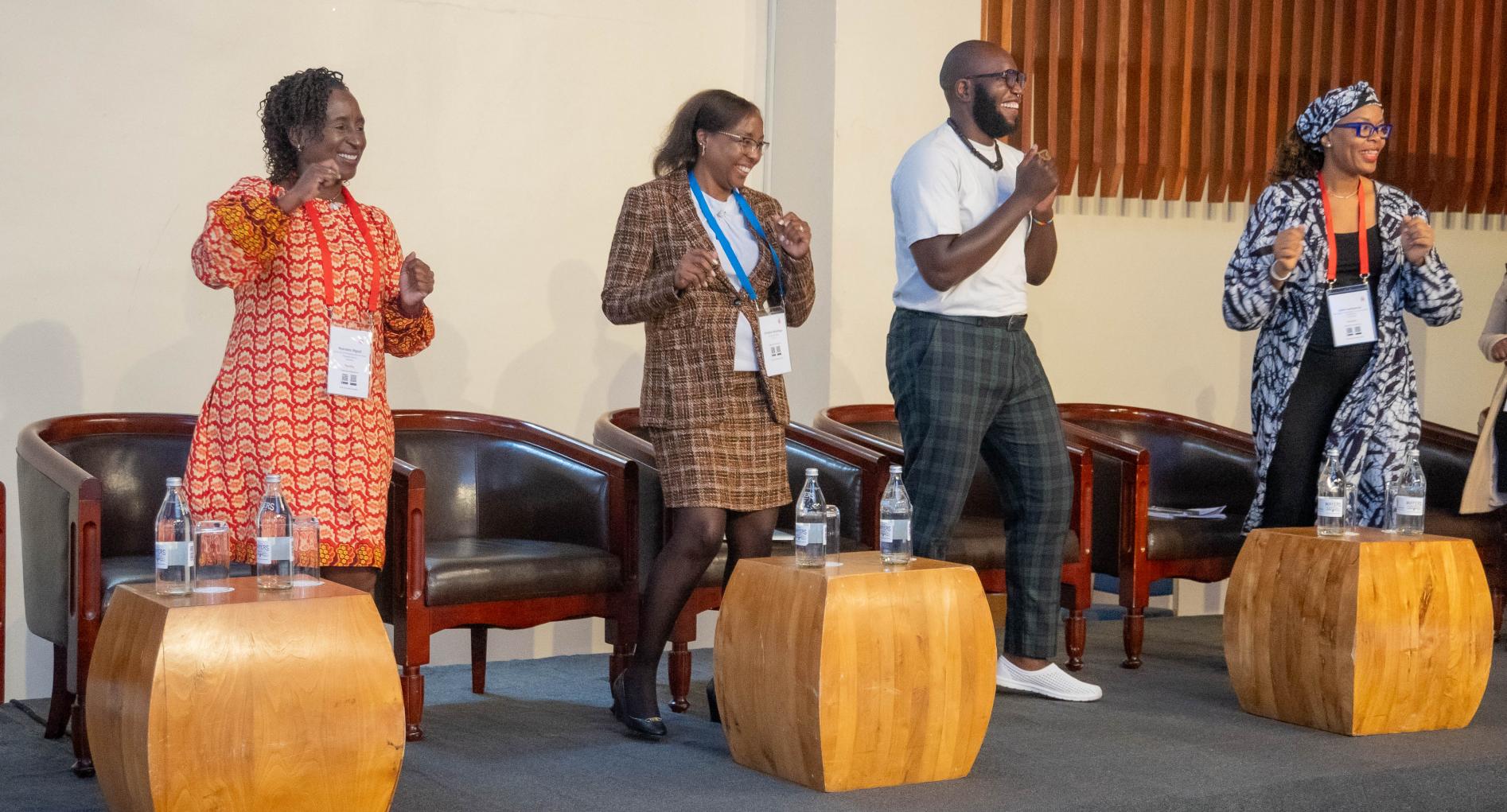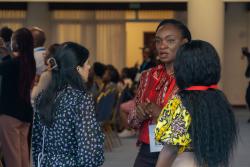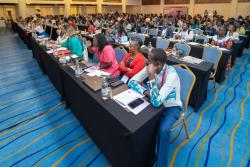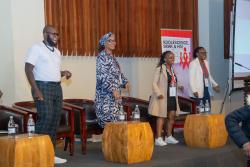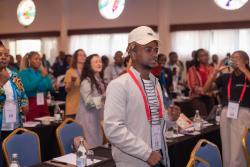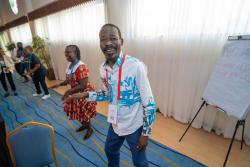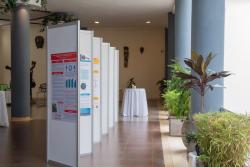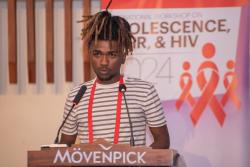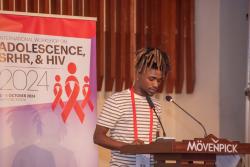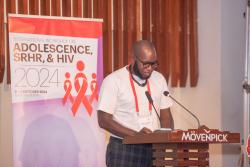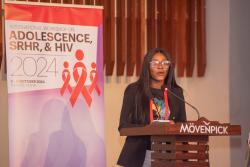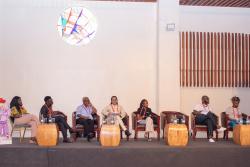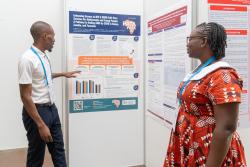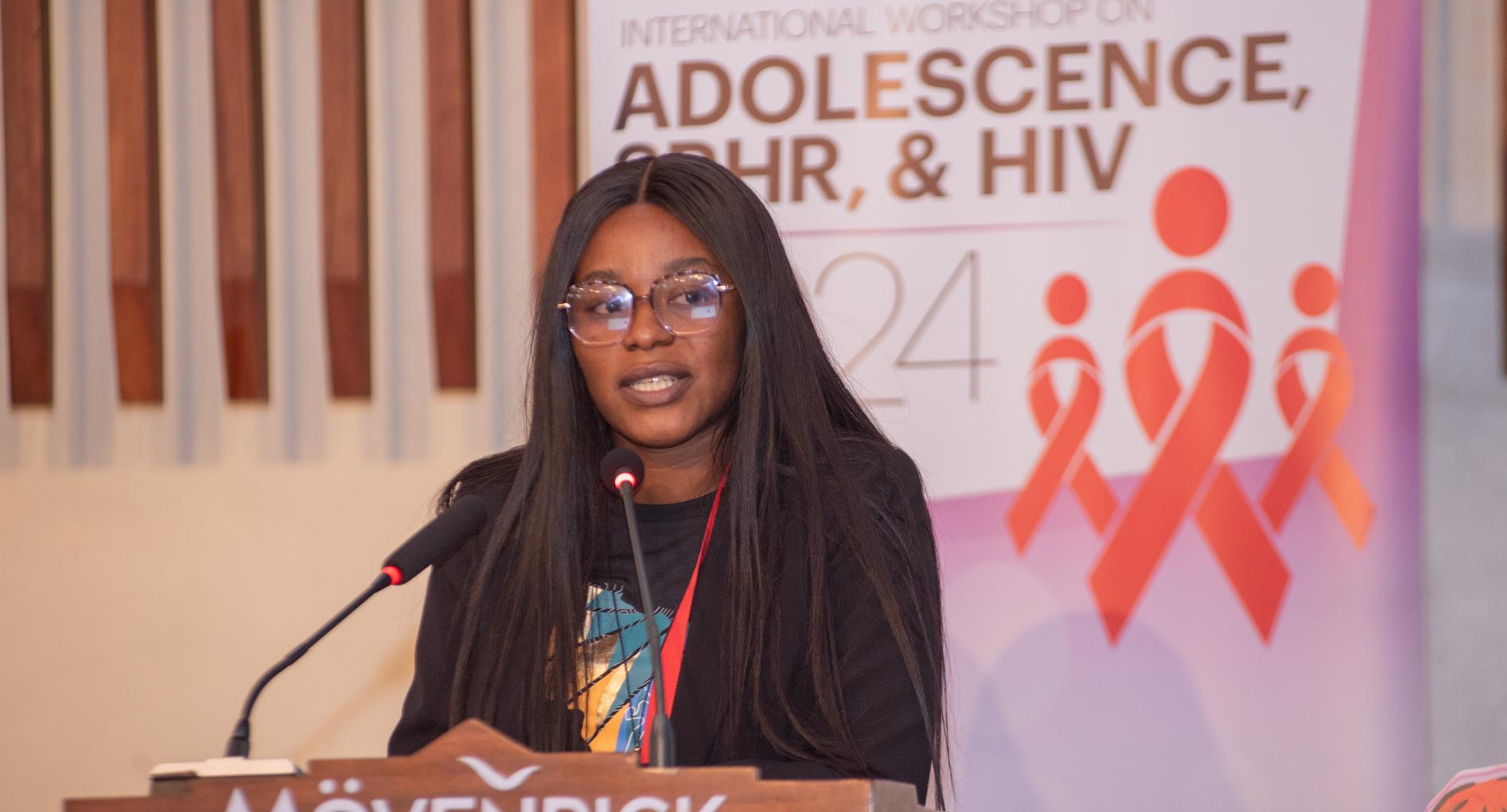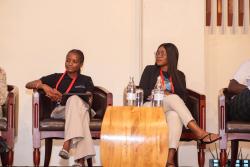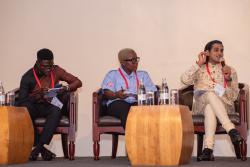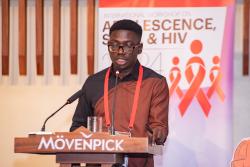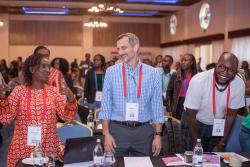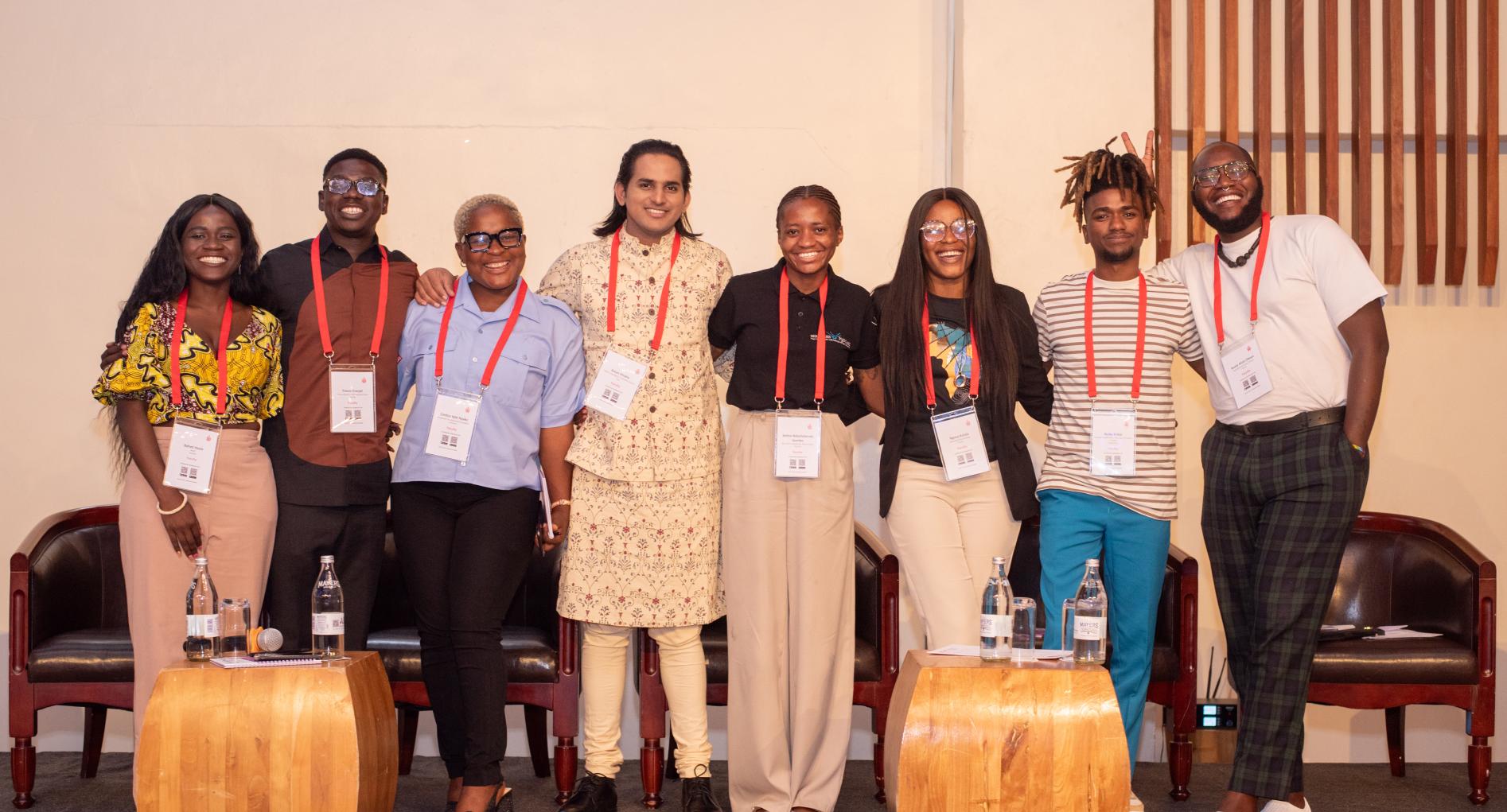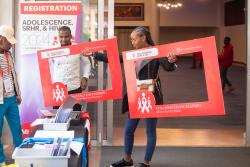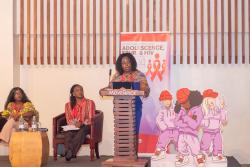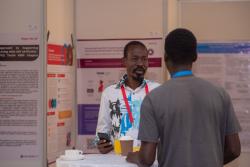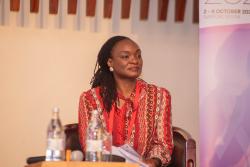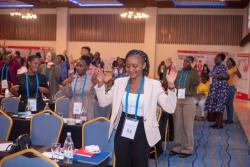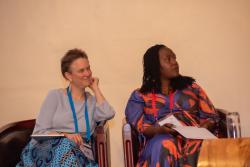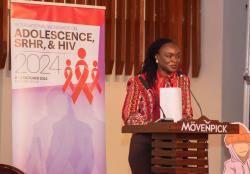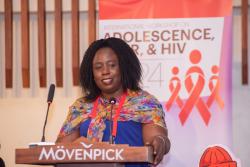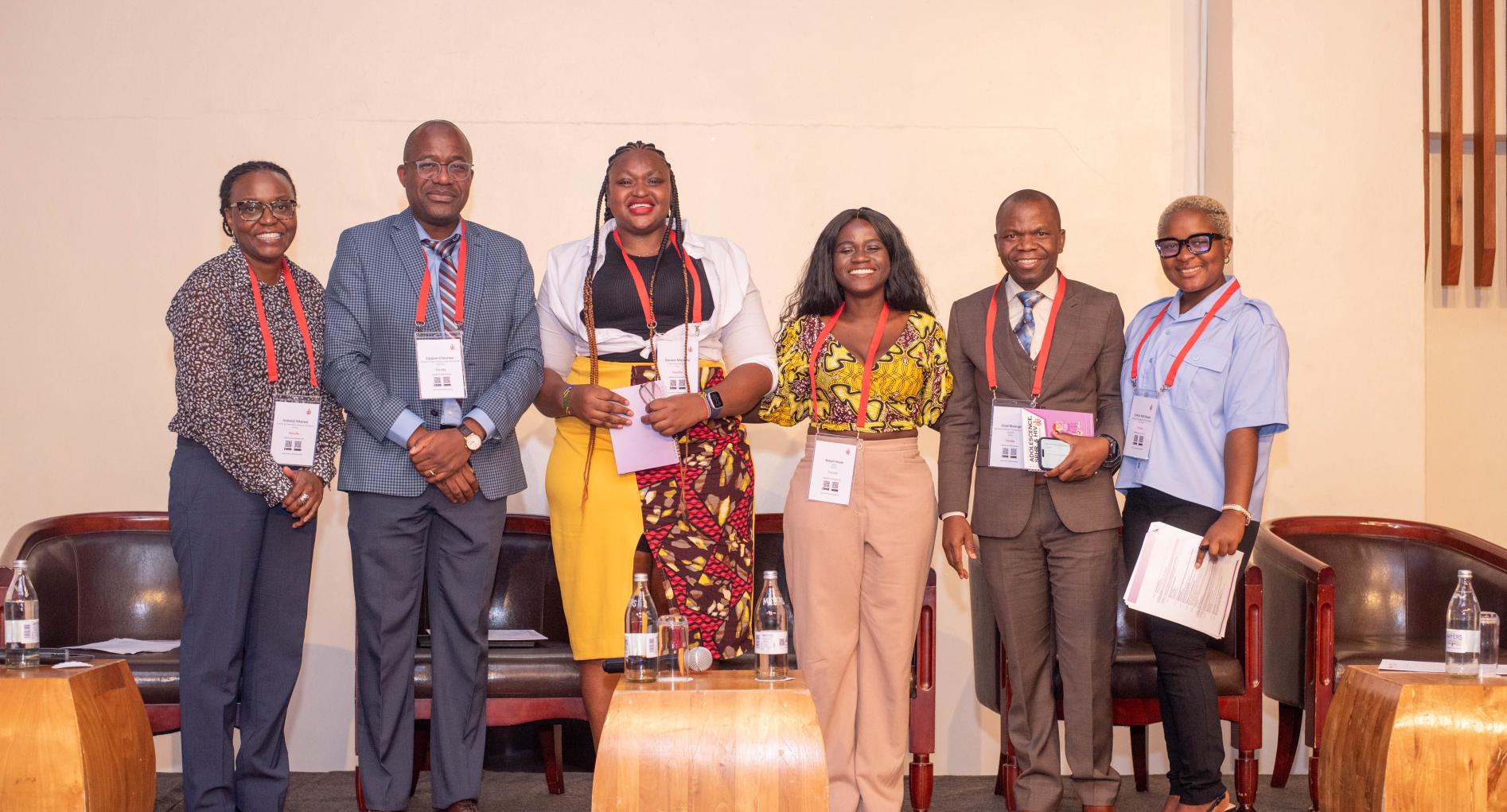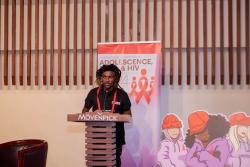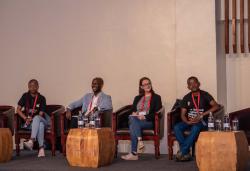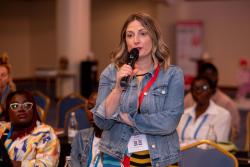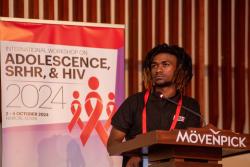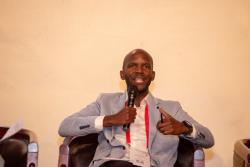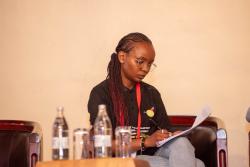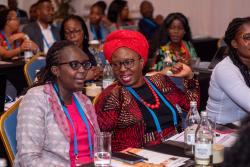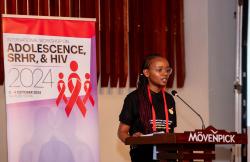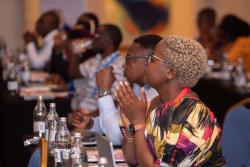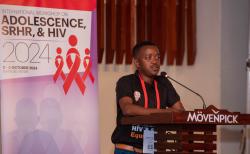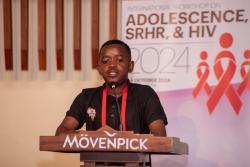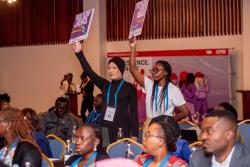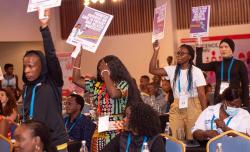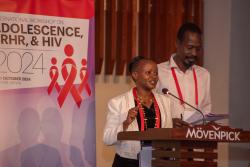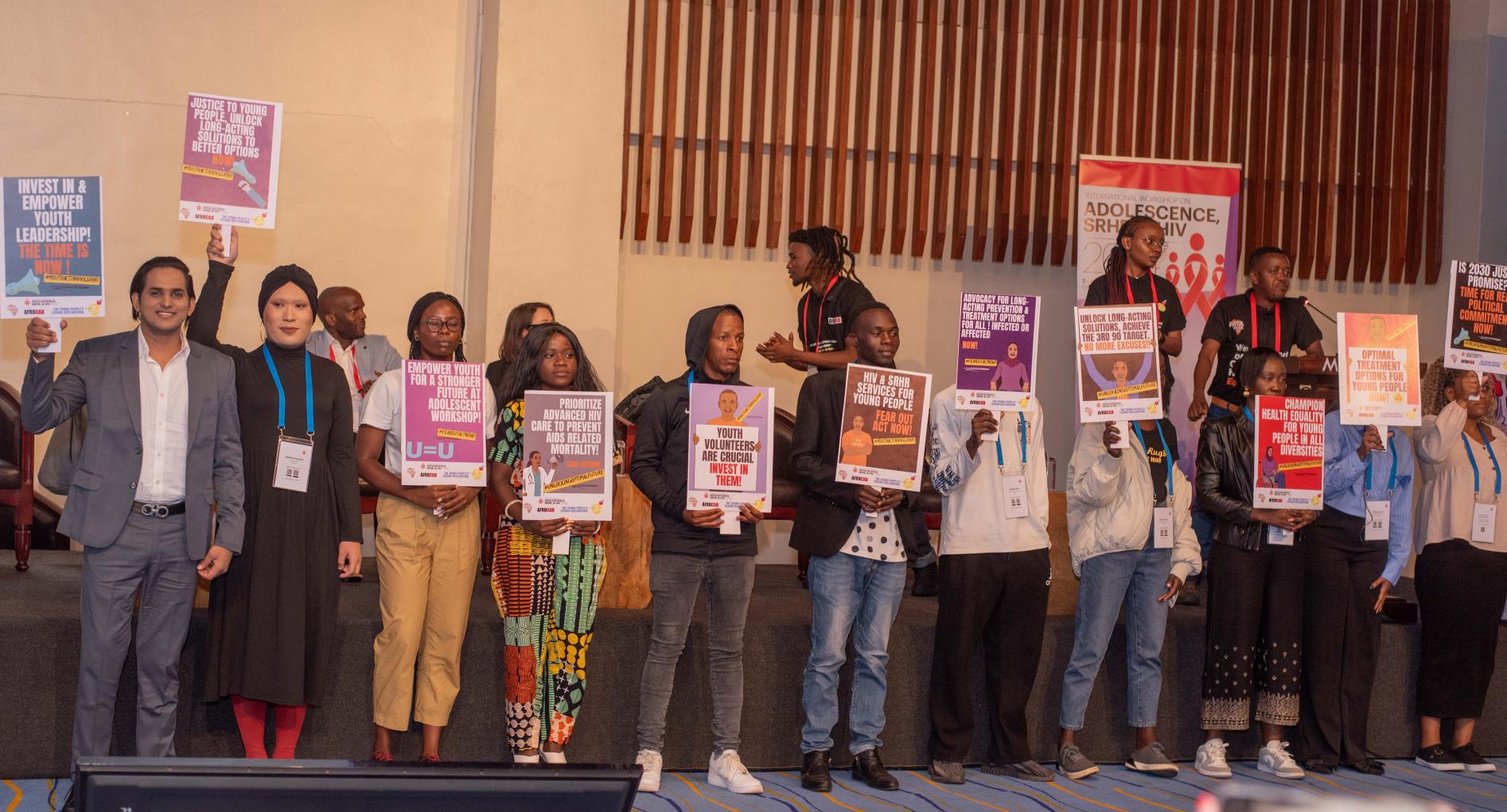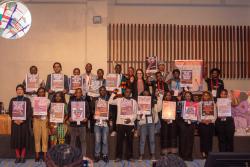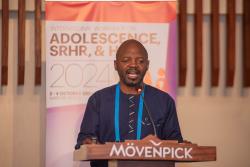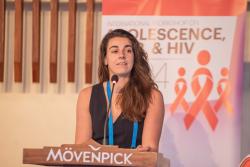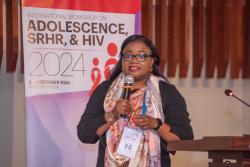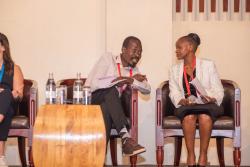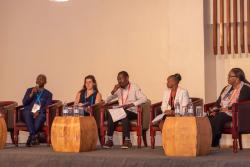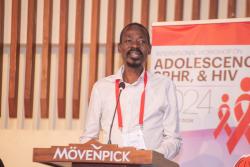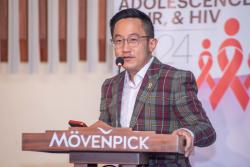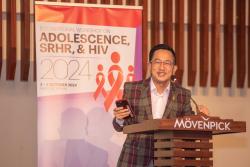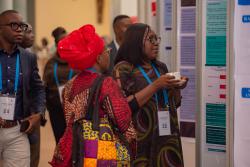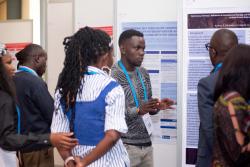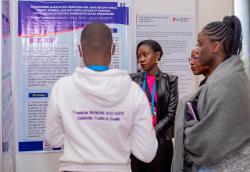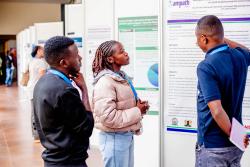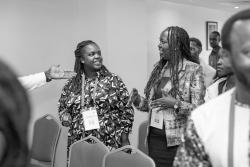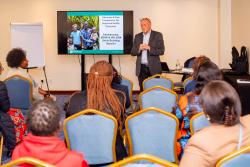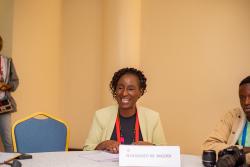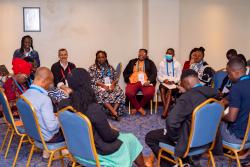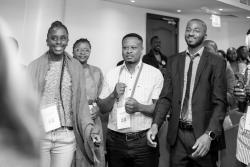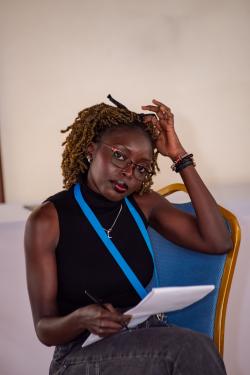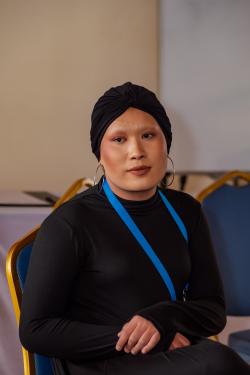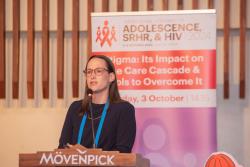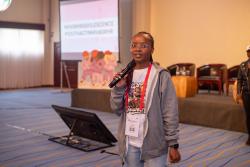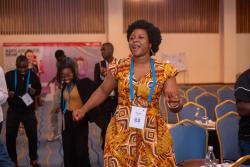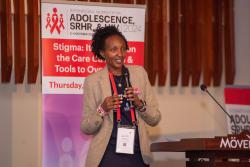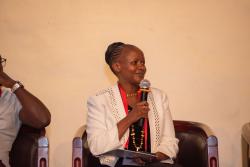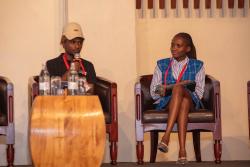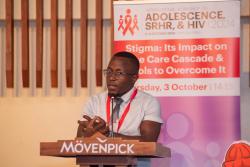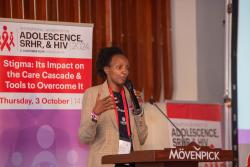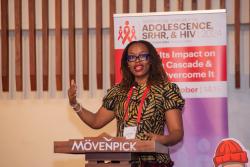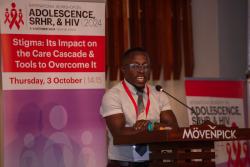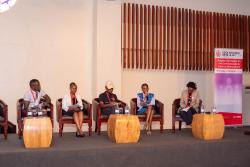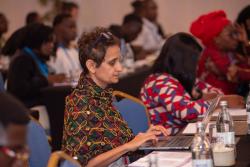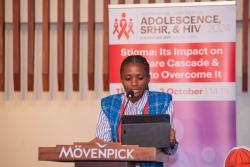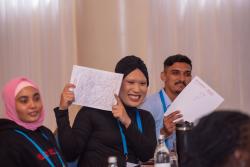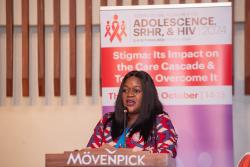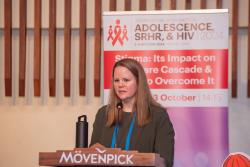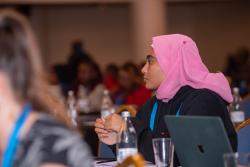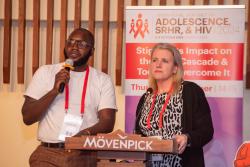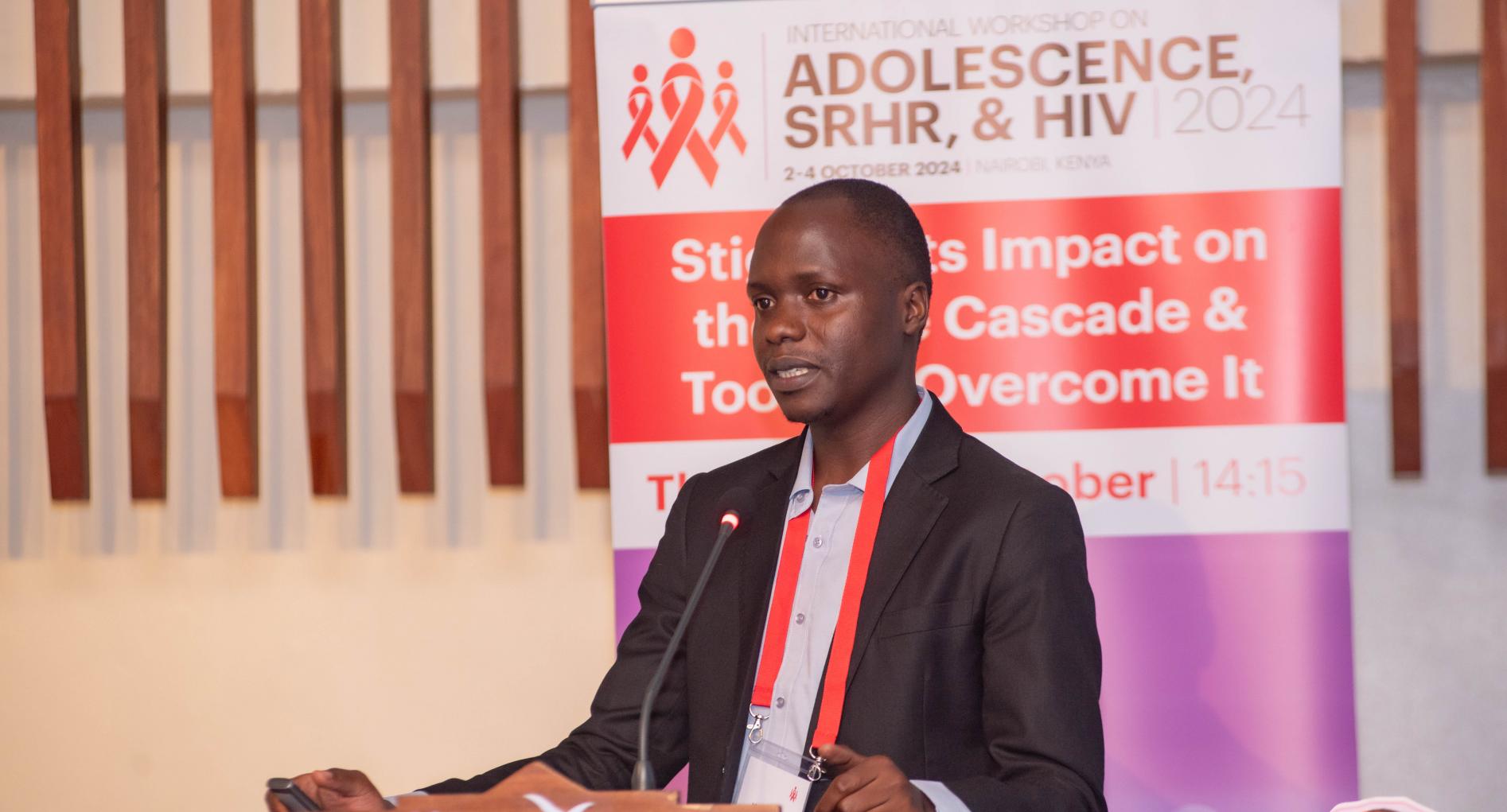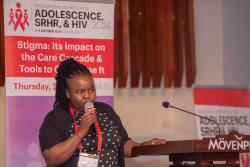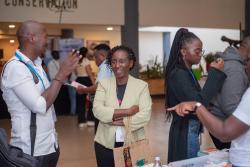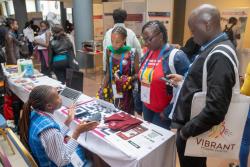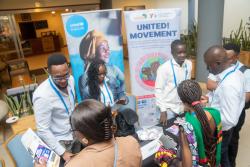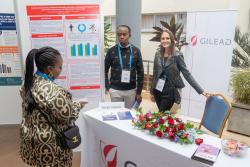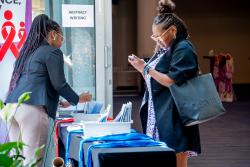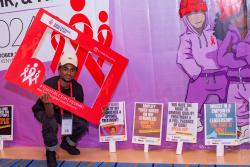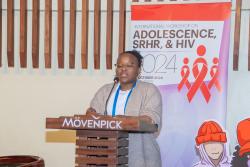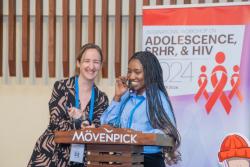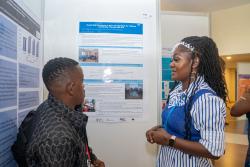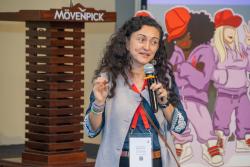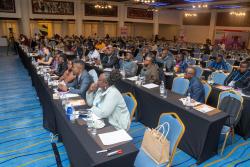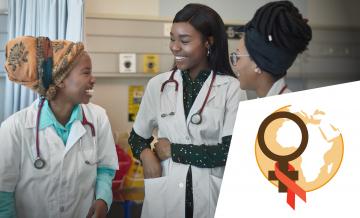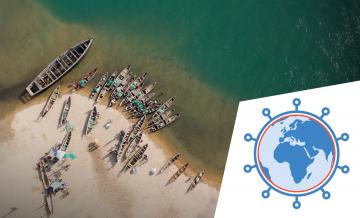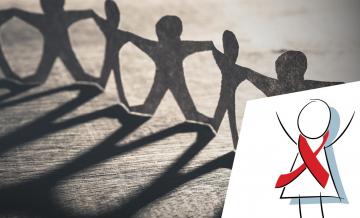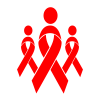
International Workshop on Adolescence, SRHR, & HIV 2024
Related Enduring Materials
Enduring Materials
Wednesday, 2 October 2024
Thursday, 3 October 2024
Friday, 4 October 2024
About this Program
The International Workshop on Adolescence, SRHR, & HIV 2024 took place as a live program on 2-4 October 2024 at the Movenpick Hotel in Nairobi, Kenya.
The workshop theme was "Building a Brighter Future: Staying Ahead of the Evolving HIV and SRHR Landscape".
The 9th International Workshop on Adolescence, SRHR, & HIV will take place from 1-3 October 2025.
Adolescence is a unique developmental stage full of transitions that offer both challenges and opportunities – including laying a foundation for good health. Every effort must be made to ensure access to HIV and SRHR services and retain adolescents in care to improve and maintain their health and well-being.
The medical advances that have transformed HIV treatment and prevention are yet to alter the stark reality for adolescents and young people, particularly in low to middle-income countries. Even as AIDS-related mortality has decreased overall in recent years, AIDS-related deaths among adolescents are still higher than in adults. AIDS is still the no.1 cause of death of adolescents in 12 countries in SSA, and almost six times as many adolescent girls acquired HIV than adolescent boys. Uncountable early pregnancies among young women who were not ready have occurred, often in the context of violence. Globally 50% of pregnancies among 15 - 19-year-olds were unintended. Young key populations remain marginalized from critical services.
There is a need to understand and invest in evidence-informed multi-sectoral solutions that support young people to reduce their HIV risk, improve SRH, educational and employment outcomes, reduce poverty and hunger, and exposure to violence and mental health. This workshop aims to look at the fuller lives of adolescents and address the multiple overlapping drivers that impact their sexual and reproductive health and HIV needs. It explores new and innovative approaches, such as digital technology, and focuses on adolescents’ agency and leadership to control their health and lives.
Workshop Chairs
Local Chairs
• Skills-Building Sessions;
• Youth Led Session designed and chaired by young people;
• Empowering the new generation - 40% of the attendees are below the age of 30;
• Facilitates a dialogue between all stakeholders involved in HIV & adolescence and SRHR (stakeholders such as researchers, programmers, adolescents, clinicians, government representatives).
• Clinicians and other HCP’s involved in care of adolescents living with HIV;
• Researchers;
• Adolescents and youth;
• Policymakers;
• Programmers;
• Implementing partners;
• Community representatives; and
• (Non-)Government representatives.
- Provide updates on the latest research innovations and implementation experiences, and translate them into best practices to optimize HIV and SRHR interventions and services for adolescents;
- Share adolescent-centered solutions to provide psychosocial support and ensure mental well-being;
- Stimulate communication, networking, and skill-building for diverse stakeholders;
- Enable young people to lead the HIV and SRH response and support others to gain the knowledge and skills to make safe choices for their health, well-being, and dignity;
- Share experiences of adolescents including youth-led interventions and programs;
- Utilize the latest research and implementation understanding on adolescent HIV and SRHR to inform their respective work areas for greater impact on adolescent health and well-being.
- Identify innovations including digital tools to improve HIV and SRHR programming and service delivery.
- Identify key drivers of poor HIV and SRHR outcomes for adolescents and delineate the critical multisectoral strategies for improvement.
- Describe the mental and psychosocial challenges and solutions for adolescents and their relation to HIV and SRHR.
- Identify the importance and enhance adolescent leadership and engagement in their respective areas of work.
Practical Information
Full Address: Mövenpick Hotel & Residences Nairobi, Mkungu Close, Westlands, Nairobi, Kenya
A certificate of attendance will be sent to you after successfully completing the program and post-workshop survey.
Translation will not be provided.
Any individual who feels discriminated against, harassed, disrespected, or marginalized is encouraged to report the incident(s) to VE and AME via info@amededu.com or to one of our on-site personnel.
Any participant who is found to have exhibited any inappropriate conduct or behavior against others may be removed from the program.
Please note that payment by credit card is required to be able to register for the workshop. Please contact the conference secretariat if this is not possible for you.
Fees and conditions
| Regular Delegates |
RLS |
Industry | |
|---|---|---|---|
|
Early Fee (payment before/on 30 March 2024) |
€495 |
€150 |
€695 |
|
Regular Fee (payment before/on 2 August, 2024) |
€695 |
€200 |
€895 |
|
Late Fee (payment from 3 August, 2024) |
€795 |
€225 |
€995 |
|
Discounts |
|
|---|---|
|
Early-Career Investigators / Academia from Resource-Limited Settings (RLS)* WITH accepted abstract |
Fee Waived |
|
Early-Career Investigators* WITHOUT accepted abstract |
50% Off Current Regular Fee |
|
NGO Representatives / Government Representatives (i.e. MOH, NIH, NIAID, etc.) / Advocates |
50% Off Current Regular Fee |
|
Members of Endorsers |
25% Off Current Regular Fee |
|
Sponsors |
Contact Secretariat |
|
Youth |
|
|
25 years of age or younger |
Fee Waived (limited slots available) |
|
30 years of age or younger |
50% Off Current Applicable Fee |
If you are eligible for a discount, please contact the conference secretariat Christina Moustakaki at christina.moustakaki@amededu.com for the special registration code.
*Countries included in the low-income and middle-income economies list of the World Bank Classification
Important
-
We strongly advise that you register early to ensure that your registration is confirmed.
-
Submission of your online registration does not guarantee that your registration has been accepted. Your registration is final when full prepayment has been received and a confirmation of your registration has been sent.
-
Registration Fee waivers are not available for onsite registrations.
Youth
We are pleased to offer registration waivers for delegates that are 25 years of age and below. We additionally provide a 50% discount on the current applicable fee to all delegates that are 30 years of age and below.
All applicants must submit a youth application including a motivation letter and a clear picture/scan of their ID showing their full name and birthdate.
Virology Education reserves the right to cancel any improper applications.
- Conference pack, including abstract book and program
- Refreshments during the coffee breaks
- Buffet lunch on meeting days
IMPORTANT:
- No day rate is available
- Payment can only be made by credit card.
- Virology Education reserves the right to cancel improper registrations. Claims for a refund will not be honored.
IMPORTANT: The fee waiver is offered to the presenting author only.
To be eligible as an early-career investigator, one should either be a current Master/PhD student or have obtained an MD/PharmD/PhD degree in the last five years. An application form needs to be completed by a supervisor and received by the Virology Education secretariat at least two weeks prior to the start of the workshop. Virology Education will contact the early-career investigator with instructions regarding the registration procedure.
- Cancellation before/on 4 September 2024: 50% refund (minus an administration fee of €40)
- Cancellation after 4 September 2024: Unfortunately, no refund will be given
If you are unable to attend the workshop, a substitute delegate is always welcome at no extra charge, provided that a letter of authorization from the original participant has been received and the workshop secretariat has been notified of the name of the substitute delegate before 15 September 2024. A statement (email/letter) of cancellation must be sent to Virology Education.
1. Proof of accreditation
2. Valid identification (e.g. passport)
3. A letter from your assignment giver stating the details of your assignment (e.g. editor)
4. At least 3 previously written assignments in recognized outlets on HIV. If you are a freelance journalist, the assignments can be from different (recognizable) news outlets. Links to online publications are accepted
5. The website of the publication(s)/blog(s) that will be featuring your story on this workshop
A free or reduced registration fee may apply for accredited media participants depending on availability. Preference will be given to credible print and online news sources. Please contact the conference secretariat for registration conditions.
We would like to receive a copy of your workshop report/ article once it is finalized.
All credentials will be verified by the Organizing Committee of the Workshop. Media representatives are kindly requested to register by sending the above-mentioned information to info@amededu.com.
Important: Media is restricted to the written press. Recording on film or photo is not allowed. Virology Education will request a copy of the written piece once it is finalized. Media representatives must also agree to abide by the 2024 embargo policy.
Workshop Chairs
The members of the Organizing Committee are a group of carefully selected experts and inspirational leaders in their respective fields. They meet frequently to discuss the scientific program of the workshop, identify interesting topics and candidate speakers, and review all submitted abstracts.
Scientific Committee
- Job Akuno, Elizabeth Glaser Pediatric Aids Foundation, Kenya
-
Wole Ameyan, WHO, Switzerland
-
Sarah Bernays, University of Sydney, Australia
-
Elizabeth Mabel Bankah, MBchB, MWACP, MGCPS, MPH(Adolescent Health), PGdip Adolescent Health (Melbourne), PGdip(South Wales), Greater Accra Regional Hospital, Ghana
-
Tom Churchyard, Kwakha Indvodza, Swaziland
-
Chelsea Coakley, University of Cape Town, South Africa
-
Anthony Enimil, MD, Komfo Anokye Teaching Hospital (KATH) / Kwame Nkrumah University of Science and Technology, Ghana
-
Hildah Essendi, PhD, Tiko, Kenya
-
Luann Hatane, PATA, South Africa
-
Missael Hotman, Youth LEAD / Inti Muda, Indonesia
-
Diana Kemunto Nyamweya, MBChB,MPH, USAID, Kenya
-
Igor Kuchin, MD, MSc, UMIT TIROL, Private University for Health Sciences and Health Technology, Austria
-
Zanele Mabaso, Sonke Gender Justice, South Africa
-
Aveneni Mangombe, Zimbabwean Ministry of Health and Children, Zimbabwe
-
Shirley Mark, UNICEF East Asia, Thailand
-
Zandile Masangane, Ministry of Health, Eswatini
-
Webster Mavhu, CeSHHAR, Zimbabwe
-
Nyaradzo Mavis Mgodi, University of Zimbabwe / University of California San Francisco, Zimbabwe
-
Boyd Mkandawire, Grassroots Soccer, Zambia
-
Immaculate Mutisya, MMed - Centres for Disease Control and Prevention, Kenya
-
Linda Barlow Mosha, Makerere University-Johns Hopkins University Research Collaboration, Uganda
-
Lloyd Mulenga, Ministry of Health, Zambia
-
Saiqa Mullick, WITS, South Africa
-
Nicholas Niwagaba, In Their Hands (ITH), Uganda
-
Wawira Nyagah, AVAC, Kenya
-
Ikka Noviyant, Youth Lead, Thailand
-
Laura Bonareri Oyiengo, Ministry of Health, Kenya
-
Renata Sanders, Johns Hopkins University School of Medicine, United States
-
Wipaporn Natalie Songtaweesin, Chulalongkorn University, Thailand
-
Kossy Umeh, Y+, Nigeria
-
Marissa Vicari, UNAIDS, Switzerland
-
Daniel Were, Jhpiego, Kenya
-
Nicola Willis, Zvandiri, Zimbabwe
The members of Scientific Committee are hand-picked by the Organizing Committee and the conference secretariat based on their significant contributions and commitment to the field. They assist the Organizing Committee by providing them with suggestions for speakers and topics. In addition, members of the Scientific Committee participate in reviewing submitted abstracts, and play an active role during the workshop as moderators and/or chairs of sessions.
Support Our Initiative
Financial backing helps us deliver an impactful meeting experience for the benefit of healthcare professionals and community representatives involved in SRHR and HIV.
This collaboration plays a vital role in both the organizational as well as the scientific success of the program. Supporters are not involved in the development of content or the selection of faculty.
To show your commitment to the cause and get in touch with us for a tailored support package, please contact Ms. Karin Siebelt at Karin.Siebelt@amededu.com or call +31 30 230 7147.
Benefits of Support
By supporting this program, we can offer the following advantages for your company.* Please contact us for the most recent support level benefits for this program.
- Symposium opportunities
- Verbal acknowledgment during the program
- Discounted and complimentary registrations for your representatives
- Company acknowledgment on digital meeting materials including but not limited to newsletters, flyers, the streaming platform, and our website
- Company acknowledgment on printed meeting materials including but not limited to banners and the program book
- Digital and printed advertising opportunities
- Social media shout-outs
- Logo on the conference bag
*Subject to the support level
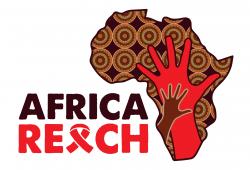

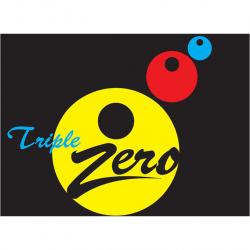
Accreditation Statement

The International Workshop on Adolescence, SRHR, & HIV 2024, Nairobi, Kenya 02/10/2024 - 04/10/2024, has been accredited by the European Accreditation Council for Continuing Medical Education (EACCME®) with 16.0 European CME credits (ECMEC®s). Each medical specialist should claim only those hours of credit that he/she actually spent in the educational activity.
Through an agreement between the Union Européenne des Médecins Spécialistes and the American Medical Association, physicians may convert EACCME® credits to an equivalent number of AMA PRA Category 1 CreditsTM. Information on the process to convert EACCME® credit to AMA credit can be found at https://edhub.ama-assn.org/pages/applications .
Live educational activities, occurring outside of Canada, recognised by the UEMS-EACCME® for ECMEC®s are deemed to be Accredited Group Learning Activities (Section 1) as defined by the Maintenance of Certification Program of the Royal College of Physicians and Surgeons of Canada.
Young People’s Lusaka Declaration
Young People’s Lusaka Declaration
Call to Action: The time is now! Accelerating access of effective long-acting antiviral drugs to all for treatment and prevention.
The declaration was inspired by some of the presentations made during the 7th International Workshop on HIV & Adolescence. Young people made a choice, a choice to advocate for the development of injectables as a better treatment solution that will improve therapy outcomes and prevention.
Abstract Writing Webinar
2022 Highlights Reel
Previous Editions
- 7th Edition - International Workshop on HIV & Adolescence, 2023, Zambia
- 6th Edition - International Workshop on HIV & Adolescence, 2022, South Africa
- 5th Edition - International Workshop on HIV & Adolescence, 2021, Virtual
- 4th Edition - International Workshop on HIV & Adolescence, 2020, Virtual
- 3rd Edition - International Workshop on HIV & Adolescence, 2019, Kenya
- 2nd Edition - International Workshop on HIV & Adolescence, 2018, South Africa
- 1st Edition - International Workshop on HIV & Adolescence, 2017, South Africa
